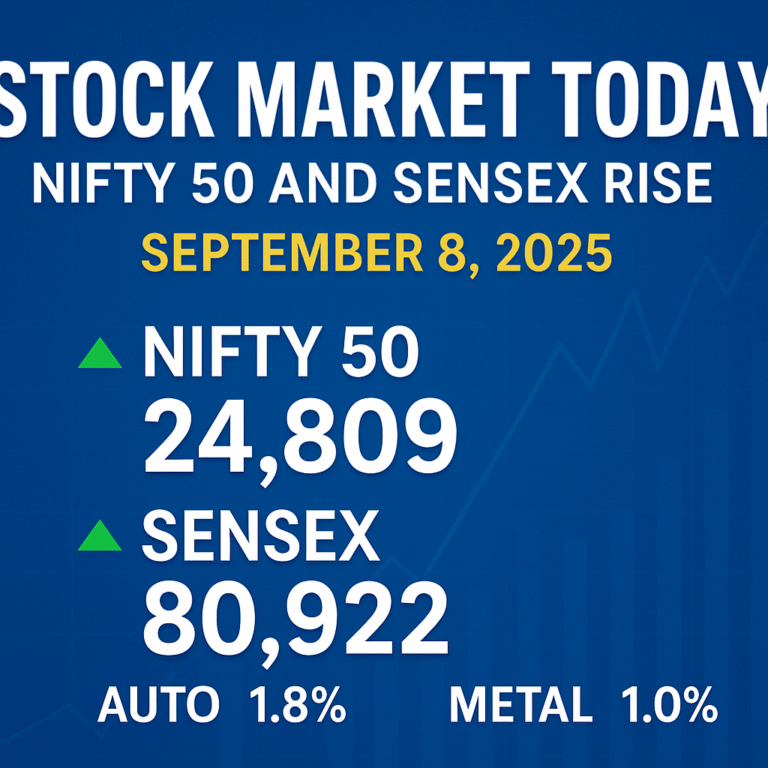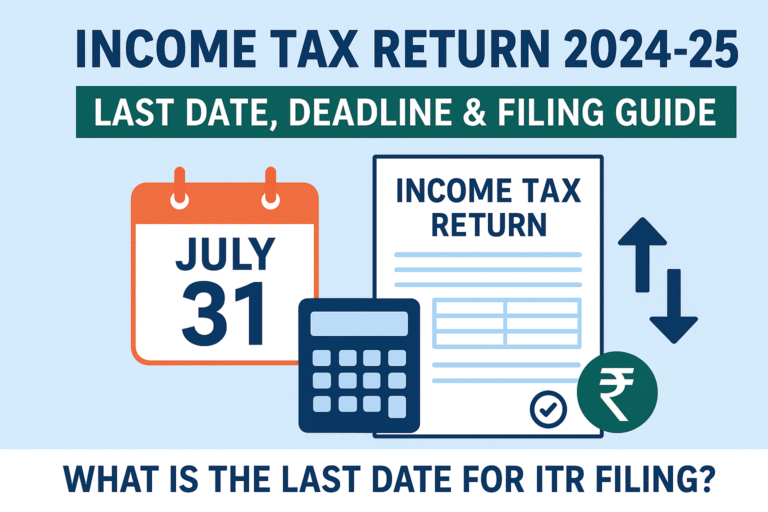Introduction: The Rise and Risks of a Visionary
Elon Musk is no stranger to headlines—whether it’s for launching a rocket into space, introducing self-driving Teslas, or rebranding Twitter as X. But in recent times, the billionaire has also drawn attention for something less glamorous: Elon Musk’s financial loss. As of 2025, Musk has seen significant declines in his net worth, affected by falling stock prices, acquisition misfires, and shifting global markets.
Despite being one of the wealthiest individuals in the world, even Musk is not immune to financial turbulence. This article explores the key contributors to Elon Musk’s financial loss, the impact on his businesses, the market’s reaction, and what it means for the future of tech innovation.
Elon Musk’s Net Worth: A Timeline of Peaks and Valleys
To understand the magnitude of Elon Musk’s financial loss, it’s essential to examine his wealth trajectory. In 2021 and 2022, Musk’s net worth soared to historic heights, surpassing $300 billion at one point, largely due to Tesla’s market capitalization crossing $1 trillion.
However, fast forward to mid-2025, and estimates put Elon Musk’s net worth closer to $180 billion. While still staggeringly high, this represents a drop of more than $100 billion—a staggering sum, even by billionaire standards.
Major Contributors to Elon Musk’s Financial Loss
1. Tesla Stock Price Decline
Tesla has been Musk’s crown jewel, but its stock has experienced significant volatility over the last few years. While it enjoyed a meteoric rise during the pandemic, Tesla stock fell by nearly 40% between 2022 and 2024 due to several factors:
-
Increased competition in the EV market from Chinese brands like BYD, NIO, and XPeng.
-
Production delays and supply chain disruptions in Gigafactories in Germany and Texas.
-
Consumer demand dips, especially in Europe and North America, as EV subsidies declined.
-
Concerns over Musk’s divided attention due to Twitter (now X) acquisition.
This Tesla downturn contributed significantly to Elon Musk’s financial loss, since a major portion of his net worth is tied to Tesla shares.
2. The Twitter (X) Acquisition: A Risky Move
In October 2022, Elon Musk acquired Twitter for $44 billion, rebranding it as X in 2023. The platform saw a massive user exodus, advertiser pullback, and valuation drop:
-
As of early 2025, X is estimated to be worth less than $20 billion, representing a loss of over $24 billion in value.
-
Major advertisers, including Coca-Cola, Apple, and Disney, withdrew due to content moderation controversies.
-
Musk’s focus on making X a “free speech haven” clashed with commercial viability.
Many investors and analysts cite the Twitter acquisition as a strategic misstep that cost Musk billions and led to widespread financial criticism.
3. SpaceX and Starlink: Cash Burn Continues
While SpaceX remains a technological marvel, it’s also a capital-intensive venture. Musk’s aggressive rollout of Starlink has cost the company billions:
-
Starlink satellite launches and infrastructure investments are estimated to have cost over $10 billion.
-
Return on investment has been slower than expected, particularly in developing nations.
-
Though revenue is increasing, the operating margins are slim, contributing little to offset Musk’s financial loss elsewhere.
Even though SpaceX remains privately held and retains a high valuation, its cash demands and slow monetization rate add to the larger picture of Elon Musk’s financial burden.
4. Global Economic Trends and Interest Rates
In 2023–2025, rising interest rates, inflation, and geopolitical tensions (particularly in Eastern Europe and the South China Sea) dampened investor sentiment across tech stocks. Tesla and other Musk-led ventures suffered as:
-
Borrowing costs rose, affecting R&D spending and expansion.
-
Investor risk appetite declined, reducing tech valuations.
-
Global uncertainty reduced demand for premium electric vehicles.
Musk’s companies, often valued on growth potential rather than current profits, were hit hardest—leading to further decline in Elon Musk’s net worth.
Public Reactions and Investor Sentiment
Tesla Shareholders’ Frustration
Tesla investors expressed growing concern over Musk’s erratic leadership and his divided focus between Tesla, SpaceX, and X. Shareholder meetings in 2023 and 2024 were dominated by calls for:
-
A dedicated Tesla CEO (other than Musk).
-
Clearer timelines for new product launches like the Cybertruck and Tesla Semi.
-
Refocusing on core innovation instead of social media distractions.
The market’s response was bearish, contributing further to Tesla’s price slide and, in turn, Musk’s personal financial loss.
Social Media and Public Scrutiny
On platforms like Reddit, Twitter, and even X itself, users have voiced mixed opinions. While some admire Musk’s willingness to take risks, others criticize what they call “tech bro arrogance” and poor financial stewardship. Memes about “Elon’s X gamble” or “Tesla’s ghost CEO” went viral, showing that reputation loss can compound financial loss.
Strategic Moves in 2025: Elon Musk’s Comeback Plan?
Despite the setbacks, Elon Musk remains one of the most influential minds in the tech world. Here’s how he’s attempting to rebound from his financial loss:
1. Tesla’s AI and Robotaxi Bet
Musk has doubled down on Autonomous Vehicle (AV) software and Dojo AI chip development to create a fleet of Tesla Robotaxis by late 2025.
-
If successful, Tesla could tap into a trillion-dollar autonomous transport market.
-
AI-enhanced safety features and fleet-based ride-sharing models are being tested in California and Texas.
This could revitalize Tesla’s narrative and bring back investor confidence.
2. Starlink Monetization
Starlink is now offering enterprise-grade services and government contracts:
-
Deals with U.S. military and disaster relief agencies are increasing.
-
Starlink Maritime is being adopted by cargo fleets worldwide.
-
India, Brazil, and parts of Africa are testing low-cost satellite internet packages.
These efforts aim to make SpaceX profitable through Starlink, helping to recoup some of the capital lost.
3. X Transformation into an Everything App
Musk is attempting to turn X into a WeChat-style super app:
-
Integrating payments, job boards, video streaming, and marketplace features.
-
Launching “X Pay,” a digital wallet to rival PayPal and Apple Pay.
-
Incentivizing content creators with crypto-based revenue sharing.
If these features gain traction, X could regain market value and mitigate the massive financial loss from the initial acquisition.
Lessons from Elon Musk’s Financial Loss
1. Diversification Isn’t Always Risk Mitigation
While Musk diversified across industries—EVs, space, AI, and social media—his approach was often centralized under his personal control. This over-dependence on his leadership style led to overexposure when market conditions worsened.
2. Valuations Can Be Fleeting
Much of Musk’s net worth was on paper, tied to company valuations. This serves as a warning that high valuations don’t equal liquidity, and a stock market correction can wipe out billions overnight.
3. Brand Management is Critical
Musk’s controversial tweets, erratic business decisions, and media feuds may be entertaining, but they’ve also had real financial consequences. Public perception matters—especially for companies in the spotlight.
Conclusion: The Road Ahead for Elon Musk
Elon Musk’s financial loss, while significant, is not a death sentence. He remains one of the most powerful entrepreneurs of our time, with access to capital, talent, and ambition few can rival. But the road ahead requires recalibration—balancing vision with practicality, innovation with execution, and empire-building with stakeholder trust.
Whether Musk can turn around his declining fortune and restore the value of his companies remains to be seen. However, one thing is certain: when Elon Musk stumbles, the entire tech world watches.






